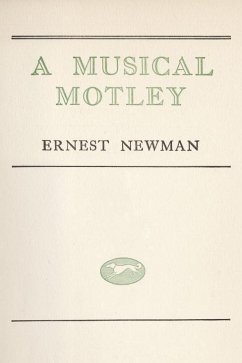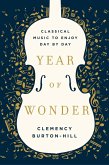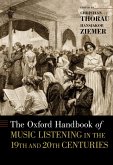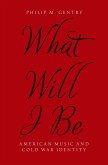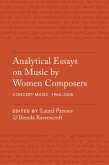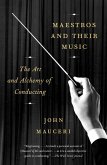Excerpt: . . . Composition, it is rather curious that while I was writing on our too great readiness to admire everything a classic does, merely because he is a classic, someone in the Times Literary Supplement should have been regarding much the same fallacy--more particularly in poetry and painting--from a slightly different point of view. The thesis of the Times writer is that at this or that stage in every art, professionalism--by which he means the mere way of saying things that a period or a single master has made easy, irrespective of the value of the things that are being said--is apt to get the upper hand of inspiration. Art implies the more or less traditional manipulation of a medium, for no man can begin writing or painting or making music as if he had never read a book or seen a picture or heard a score; and there always comes a stage at which the medium is manipulated in merely professional fashion, at the expense of the higher faculty of personal invention. Examples of this process are to be found in the greatest artists: the Times writer cites, among others, Titian, Tintoretto, Shakespeare, and Beethoven. One result of this professionalism, he goes on to say, is that it spoils not only the artist but the public, that comes to identify difficulty of handling with inm spiration, and is inclined to think too little of the art that is simple, direct, and unencumbered with the visible apparatus of manufacture. The public sees the grand manner in many a passage of Shakespeare or Milton that is the merest platitude phrased with professional pomposity; while it looks down on art so artless as that of Blake in his simpler lyrics . . .
Dieser Download kann aus rechtlichen Gründen nur mit Rechnungsadresse in A, B, BG, CY, CZ, D, DK, EW, E, FIN, F, GR, HR, H, IRL, I, LT, L, LR, M, NL, PL, P, R, S, SLO, SK ausgeliefert werden.

